Your team
Your team
From the moment the diagnosis of prostate cancer is announced, you and your family will be engaged in a lengthy process, both within and outside the hospital setting. You will encounter several healthcare professionals, which at times may seem confusing. Here is a list of the various members of the medical team you may come into contact with.

Family physician
A family physician, also known as a “general practitioner,” is a doctor specializing in general medicine, dedicated to the prevention and treatment of diseases and injuries. This practitioner considers your overall health and will refer you to the appropriate specialist if necessary.
Urologist
A urologist is a doctor specialized in diagnosing and treating diseases that affect the male and female genitourinary system. This specialist treats the following disorders and diseases:
- Prostate problems, such as benign prostatic hyperplasia (BPH), prostatitis (infection), and cancer;
- Urinary tract obstruction;
- Urinary tract infections;
- Testicular cancer;
- Bladder disorders, such as incontinence, overactive bladder, interstitial cystitis, stones, neurogenic bladder, and cancer;
- Kidney disorders, including stones and cancer;
- Penile problems, including erectile dysfunction, Peyronie’s disease, and cancer;
- Reproductive health and infertility;
- Trauma to the genitourinary system;
- Specific urological problems in children.
For any of the above-mentioned problems, do not hesitate to first consult your family physician, who will then refer you to a urologist.
Radiation Oncologist
A radiation oncologist specializes in cancer treatment using radiotherapy. They use high-energy X-rays to destroy cancer cells. Depending on the type of tumor, its location, and its spread, the radiation oncologist will decide on the best radiation procedure, dose, and number of treatments required. If your urologist determines that radiation therapy is the best method to treat your cancer, they will refer you to this specialist.
Oncologist
An oncologist is a doctor specialized in chemotherapy treatments, which involve the use of drugs to treat cancer. This professional has extensive experience in alleviating physical symptoms such as pain, as well as in addressing emotional, psychological, and moral issues. If hormone therapy is no longer effective for cancer, you may be referred to an oncologist for chemotherapy. In some clinical trials, chemotherapy may be used in combination with other types of treatments.
Palliative Care Specialist
The expertise of a palliative care specialist focuses entirely on treatments aimed at relieving the symptoms of a disease, which are similar to those of terminal cancer. The goal of treatment is to reduce disease-related symptoms, including pain, and to optimize the patient’s functional capacity and quality of life.
Nursing Staff
Nursing staff members are specially trained to meet the daily medical needs of patients and provide necessary support. For example, a nurse specializing in prostate cancer patient care and assisting their family must:
- Provide information about the disease, its treatments, and side effects, and answer related questions;
- Assist patients in coping with treatment side effects and refer them to specialists;
- Administer medications as prescribed by the doctor and monitor side effects;
- Address the emotional, psychological, and physical needs of patients and manage appropriate referrals (e.g., to a CLSC or a social worker).
Psychiatrist
A psychiatrist is a specialist doctor who can diagnose the patient’s psychosocial issues, assess underlying physical problems, and prescribe medication. They can also intervene in pain management and help the patient on various levels, such as physical and psychological.
Psychologist
A psychologist helps individuals cope with emotional or psychological reactions related to the illness and treatments. They can also help understand family members’ reactions. Psychological follow-up aims to improve the patient’s and their family’s quality of life, psychological health, and coping abilities.
Sexologist
A sexologist can help the patient and the couple overcome or adjust to a problem of physical origin or learn to live with this reality. For example, the sexologist can help patients integrate medical treatment into their sex life when the man is no longer able to have natural erections. They also help explore other aspects of their sexuality and other ways to express their romantic feelings. Sexuality can take different forms and remain just as fulfilling for both partners. When there is no libido due to hormone therapy, the sexologist helps the patient and the couple accept the situation to avoid suffering, discouragement, and guilt.
Pharmacist
The pharmacist has received training to understand the action of medications. They dispense medications according to medical prescriptions. The pharmacist can explain how to use your medications, inform you about potential side effects, and about their possible interactions with other medications you are already taking.
Dietitian
The dietitian has detailed knowledge of the nutritional properties of foods. They can provide advice on the type of diet you will need during your treatment.
Physiotherapist
The physiotherapist will show you how to improve your mobility with specific exercises and physical activities.
Social Worker
The social worker strives to promote the social functioning of the individual and intervenes with the patient and their family. They can also assist them in concrete steps to obtain the financial assistance required during cancer treatments. They specialize in knowing about community resources that can help those going through a crisis. They work with the care team to organize discharge after hospitalization using available community resources (CLSCs, rehabilitation centers, etc.).
Spiritual Advisor
The spiritual advisor is someone who can understand your beliefs and values. They can comfort you and provide spiritual and moral advice to help you face your new situation.
Volunteer
The volunteer dedicates time, energy, and services to those in need. Volunteers play an important role within the support system offered by hospitals.
Your role
You will likely encounter many of these resource people who can help you. However, once your prostate cancer diagnosis is established, your primary treating physician will be the urologist. Additionally, your family physician should be informed of the diagnosis to be able to monitor your overall health condition. Your urologist is likely the one who will refer you, if necessary, to a radiation oncologist, an oncologist, or a palliative care specialist.
You can also participate in managing your care by keeping a personal medical record of your health status and ensuring that all your doctors receive a copy of your test results. During each medical visit, you can inform your doctor about visits to other specialists. This approach will facilitate communication between each healthcare professional responsible for your care.
Other pages that might interest you
Additional Information - Your team and questions
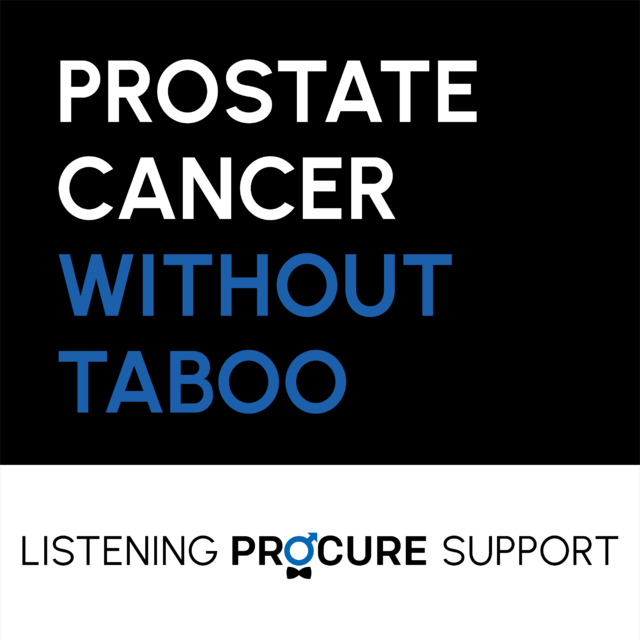
Urologist’s advice: Treatments and information on prostate cancer
Learn more about the role of the urologist and the importance for a patient to gather adequate information after receiving a prostate cancer diagnosis.
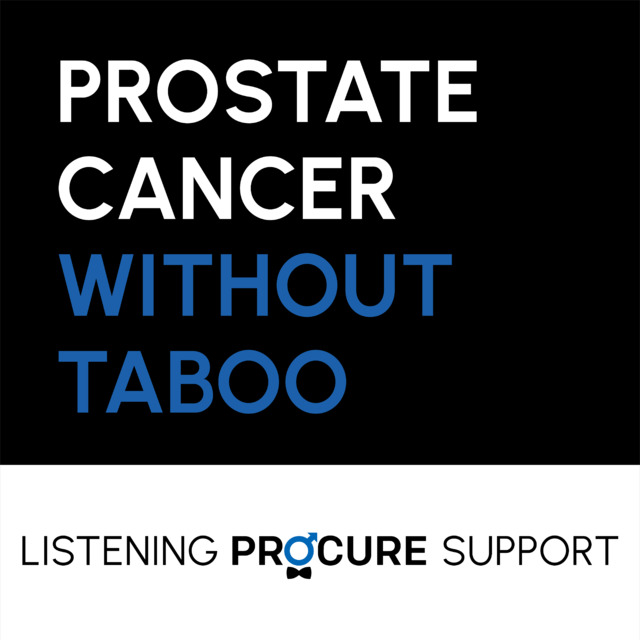
How I coped with prostate cancer
A man with prostate cancer shares the challenges of his cancer experience.
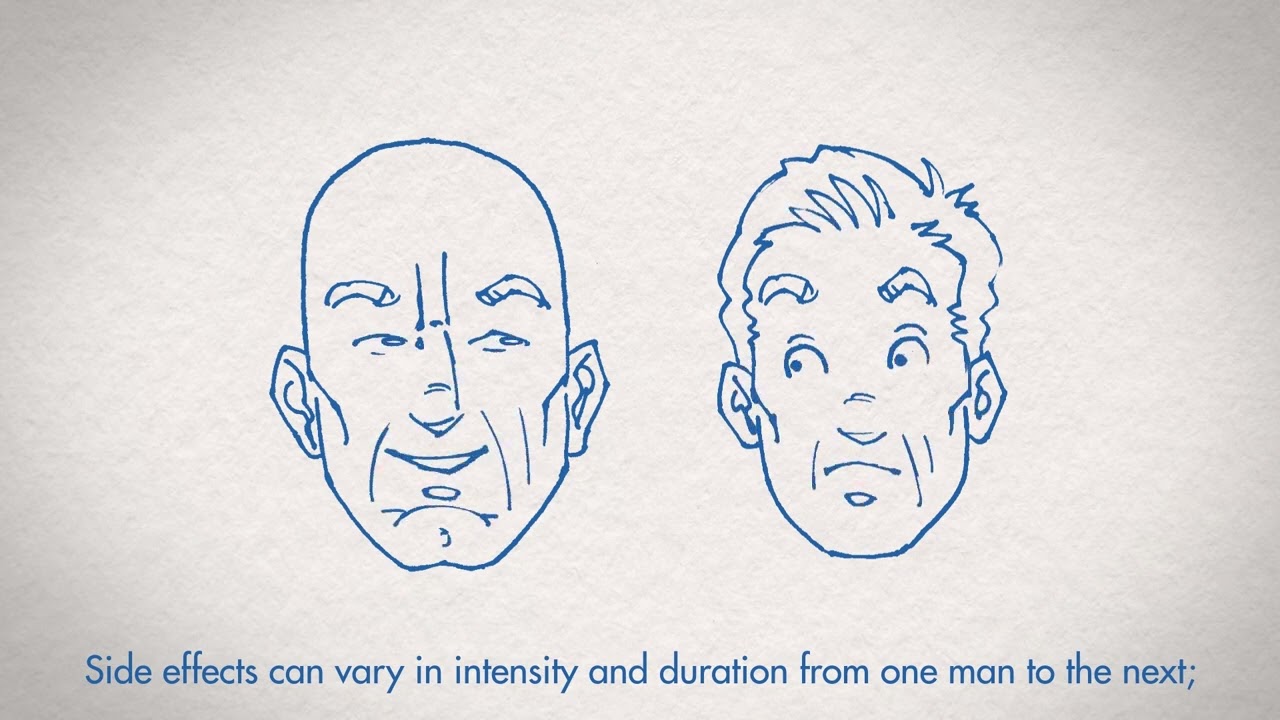
Your role as a patient
You’ve been diagnosed with prostate cancer? Your role is as important as that of your medical team.
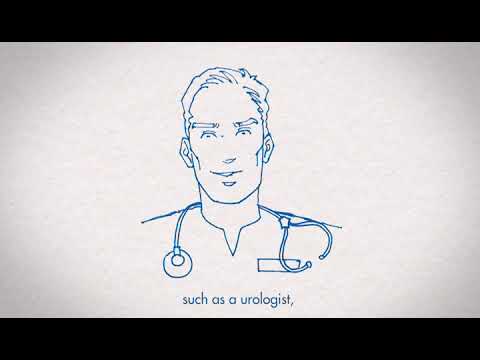
Diagnosis and treatment
Recently diagnosed with cancer? Educate yourself to fully understand your situation.

Everything to know about radical surgery
Considering radical surgery for your cancer treatment? Watch this webinar to learn about the procedure, its benefits, drawbacks, and suitability for you.
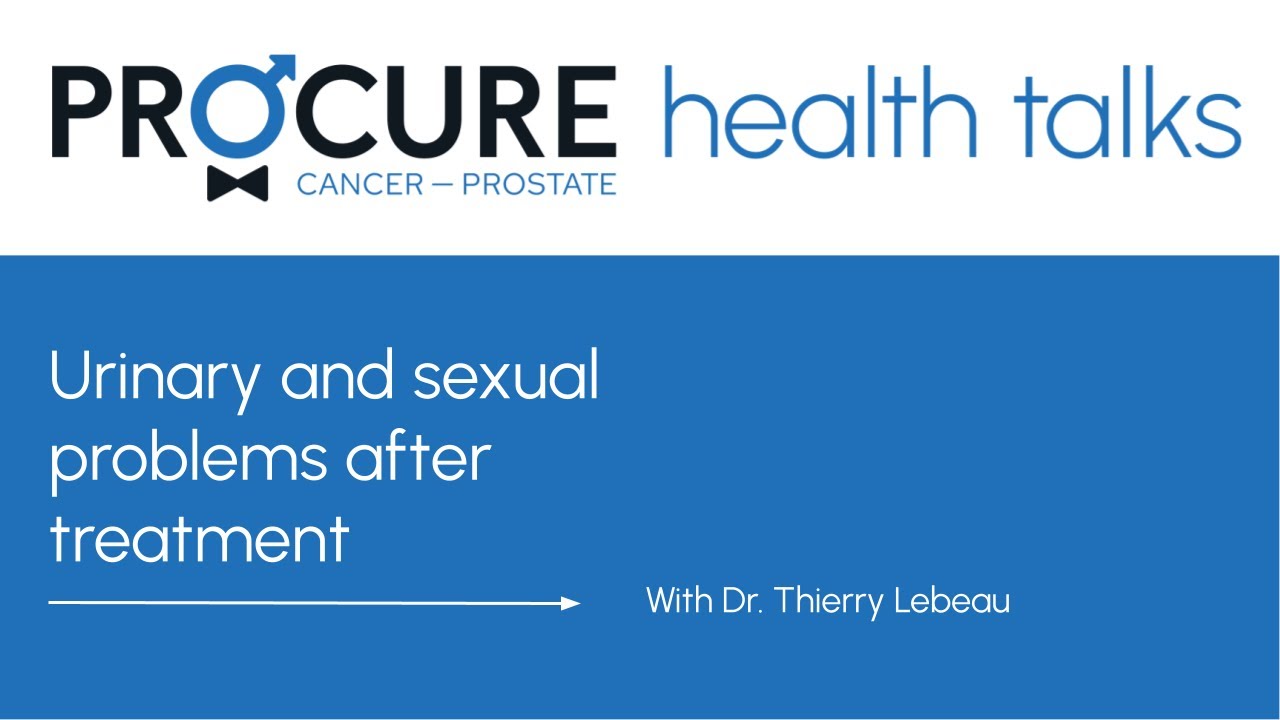
Urinary and sexual problems after treatment
Prostate cancer treatments can lead to side effects, such as erectile dysfunction and urinary incontinence, which vary in intensity and duration.
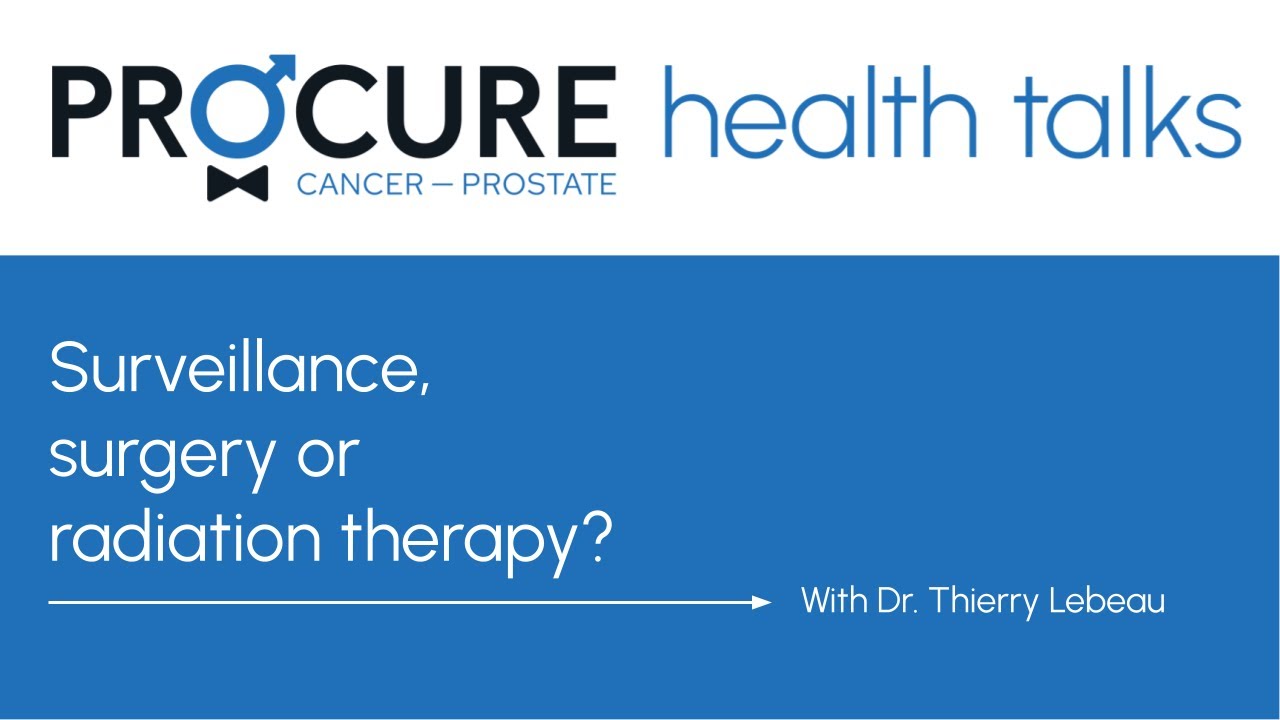
Surveillance, surgery or radiation therapy?
Diagnosed with prostate cancer? Several treatment options are available based on the stage, age, and your health.

Active surveillance as a treatment option?
Did you know that in many cases it is not necessary to treat prostate cancer?
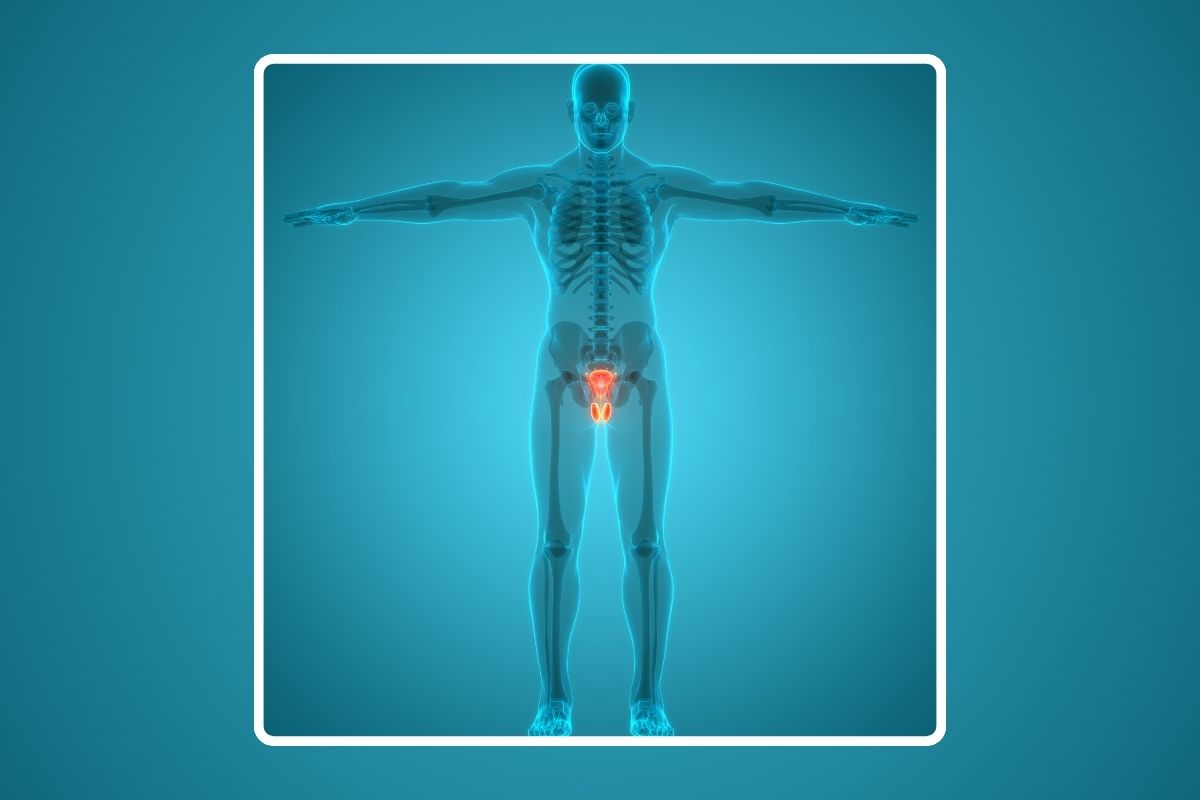
Understanding HIFU treatment for localized prostate cancer
HIFU treatment (High-Intensity Focused Ultrasound), a type of focal therapy, is an innovative approach for treating intermediate-risk localized prostate cancer that is well-visualized on MRI. Although widely used globally, mainly in private clinics or within strict research frameworks, it remains relatively uncommon in Quebec and Canada. It is not yet recognized as a standard treatment […]

I have 4 treatment options; confused, you say?
If being diagnosed with prostate cancer is a massive blow for men, the treatment options can quickly become a headache…

Me a guinea pig?
Did you know that participating in a clinical trial advances medical science and improves the lot of patients for future generations?

Active surveillance in 5 points
As surprising as it may seem, your doctor may prefer to wait before starting treatment.

If I had been given the choice
If I had been given the choice, I would have opted for active surveillance! Rest assured that if your prostate cancer has little risk of progressing and you are a good candidate, the active surveillance option will be offered to you. Indeed, in many cases, it is not necessary to treat this type of cancer. […]

The importance of medical monitoring
Have you been or are currently being treated for prostate cancer? In such a case, it pays to know the facts to fully understand the importance of medical monitoring. After a diagnosis of cancer, you will normally be followed by your urologist for several years. Depending on your type of cancer and treatment, this follow-up […]

Why am I receiving hormone therapy?
Why am I receiving hormone therapy? Has your doctor recommended hormone therapy to treat your prostate cancer? Prostate cancer is a hormone-sensitive type of cancer, meaning its development is stimulated by male hormones: androgens and, more particularly, testosterone. Hormone therapy works by preventing your body from making or using these hormones, which stops your cancer from growing […]
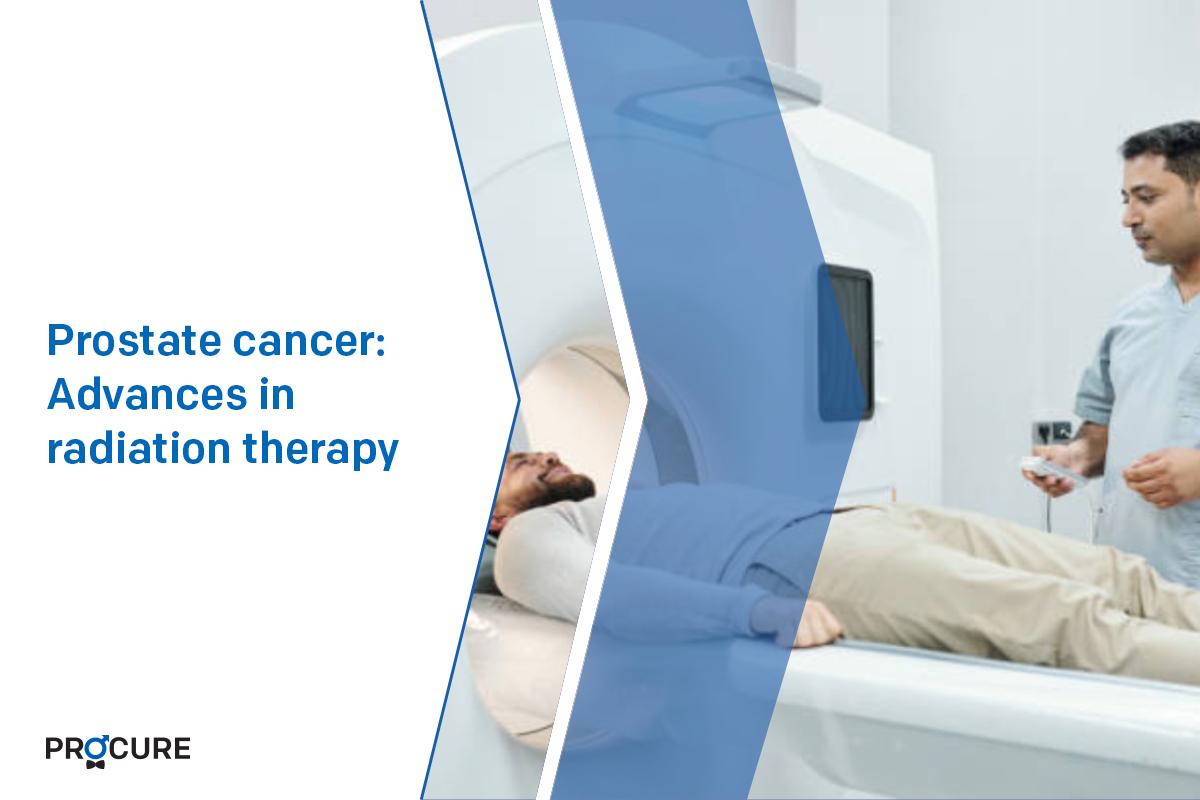
Prostate cancer: Advances in radiation therapy
If you have been diagnosed with prostate cancer, your doctor will consider many factors before recommending the best treatment. For many of you, this may mean external and/or internal radiation therapy. There are also advances in radiation therapy. These include more sensitive and specific functional imaging called PET PSMA, new and more effective hormone therapies, […]

Permanent brachytherapy: What exactly is it?
Permanent brachytherapy often called low dose rate brachytherapy, administers very small doses of radiation. They are emitted from small sources containing radioactive iodine, called “iodine 125”. These sources look like grains of rice. They stay in your prostate forever. However, their radioactivity decreases over time. After 6 months, 95% of the radioactivity has disappeared. The presence of these sources does not cause any long […]
Sources and references
Last medical and editorial review: April 2024. See our web page validation committee and our collaborators by clicking here.


